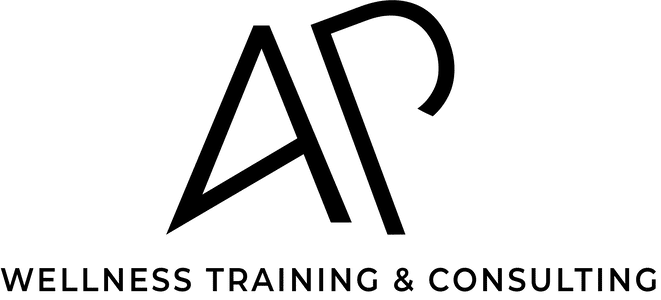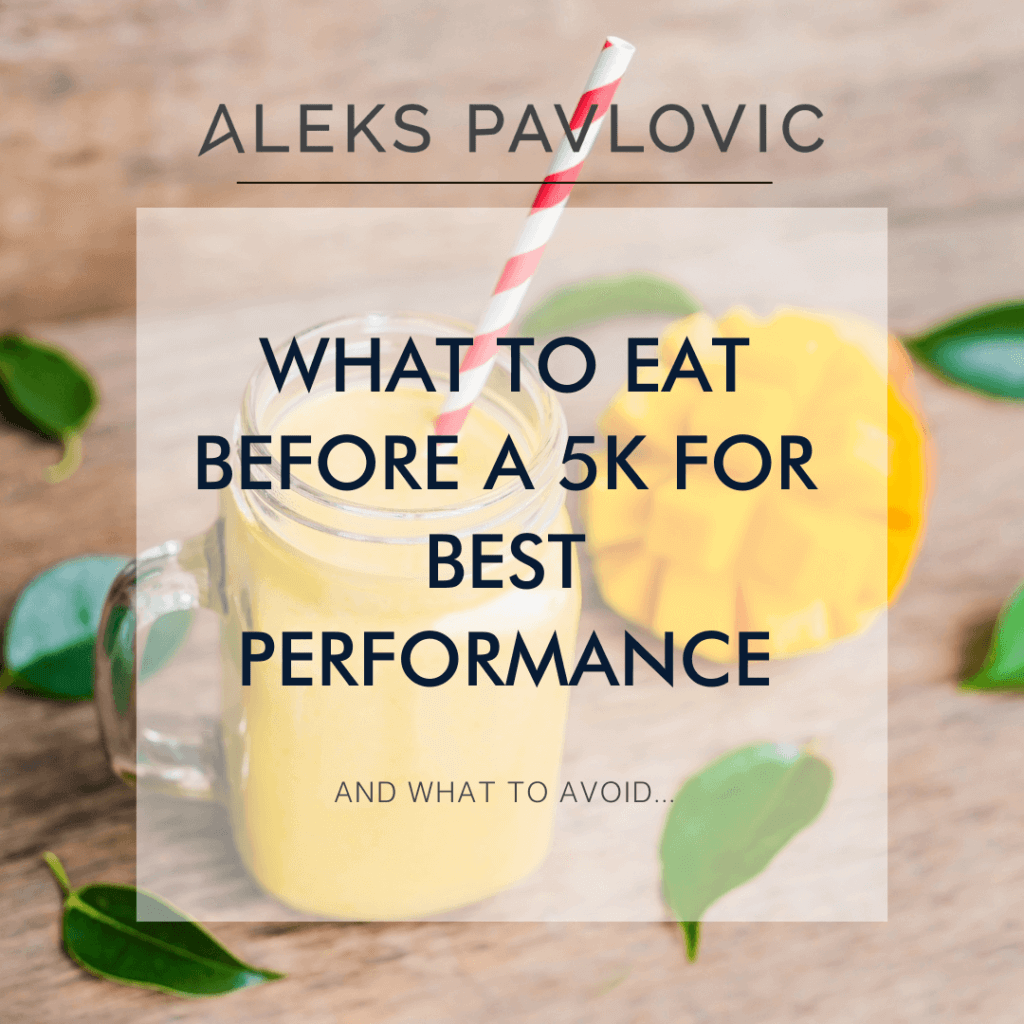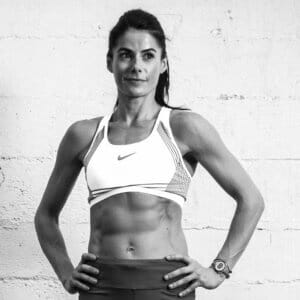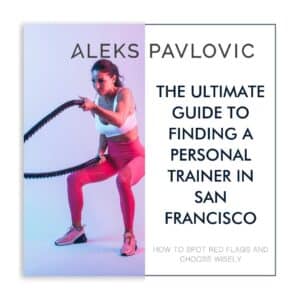Even though a 5K is a fairly short race, making good nutritional choices before running can help you feel your best and improve your overall speed. Unlike a marathon, you won’t need to carbo-load or eat during your race. You’ll probably only need a light snack or breakfast on race day. Keep reading to learn what to eat before your 5K and foods to avoid.
If you’re a runner, healthy eating and proper nutrition must start well before your race day. Giving your body the right fuel will help with muscle development and endurance. Plus, you don’t want to introduce new foods right before competition in case your body reacts poorly. If you struggle to incorporate healthy, nutrient-rich meals into your routine, consider working with a dietician or nutrition coach.
What Nutrients Does Your Body Need Before a Run?
Your body needs a combination of carbohydrates, proteins, and healthy fats before your race. Carbohydrates are the most critical nutrient for giving you the energy to run; they quickly break down into glucose, which is used as fuel for your muscles. Proteins help build and repair muscle and slow the release of carbohydrates. Lastly, healthy fats keep you full for extended periods and can also provide energy during your run.
For this short of a race, you can go lighter on the fats and focus primarily on carbs and proteins. According to the book Faster Road Racing by Pete Pfitzinger, your body uses more carbohydrates and fewer fats the faster you run, so if your 5K goal is speed, you probably don’t need to worry about fats!
Best Pre-Run Foods
On race day, you’ll want to keep your snacks or meals small and eat at least an hour before your race time. Here are a few light meal options that combine carbs and proteins:
Smoothies
A fruit and nut butter smoothie can be an excellent pre-run meal for a 5K. In addition to providing complex carbohydrates, it contains healthy fats from the nut butter, which will help keep you full and sustained longer during your race. For optimal performance, include some type of protein source, such as Greek yogurt or almond milk.
Yogurt with Toppings
If you’re looking for a light and sweet meal, yogurt with some fruit or granola is an excellent choice. Protein-rich Greek yogurt topped with blueberries, strawberries, banana slices, and granola provides complex carbs and fiber—which keeps your digestive system running smoothly during the race.
Fruit and Nuts
Fruit and nuts are a great pre-run snack. The combination of carbohydrates from the fruit and proteins from the nuts will give you energy without weighing you down. Try an apple with almond butter or a banana with walnuts for a delicious and nutritious meal that will give you the boost you need on race day!
Oatmeal
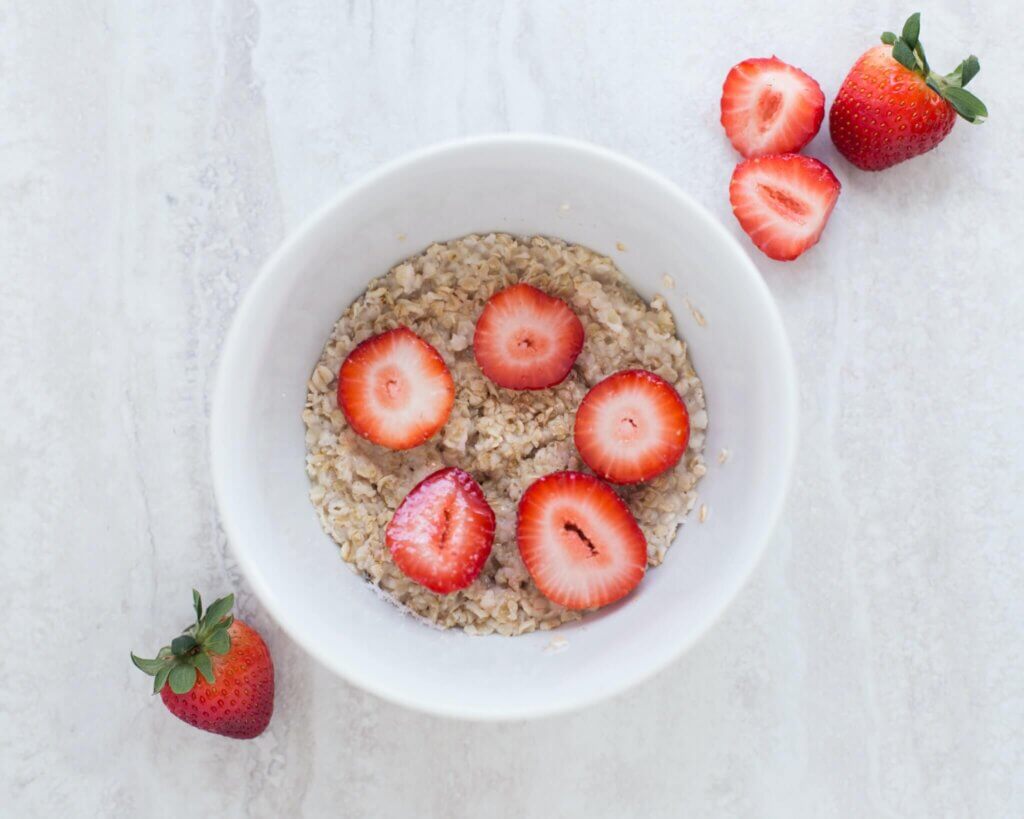
Oatmeal is a great pre-run meal for a 5K. It is packed with carbohydrates and can be dressed with various toppings such as fruit, nuts, and nut butter to add more proteins and healthy fats. Oats are also known to help reduce cholesterol levels, so you can feel good knowing that your snack tastes great and is also good for your overall health!
Toast with Jam
Bread and jam are a classic pre-run meal. For a 5K, pick an all-natural whole wheat bread and top it with some sugar-free nut butter or low-sugar jam for added protein and healthy fats.
When to Eat Before a 5K
When it comes to race day nutrition, timing is key. You want to be sure the food you eat has time to digest before your 5K starts! Aim to eat something 1-2 hours beforehand if your race is in the morning. For a mid-day 5K, try eating a snack about 30 minutes prior. And if you’re running in the evening, have a meal about 2-3 hours before it starts.
The night before, you should also have a balanced meal rich in carbohydrates and proteins. This will ensure your body has enough energy to sustain you during the race. Try incorporating foods like salmon, sweet potatoes, and leafy greens for an optimal pre-race dinner.
What Foods to Avoid Before Running
In addition to knowing what to eat before your race, knowing what not to eat is essential.
Try to avoid anything heavy with lots of fat or protein. These complex nutrients take a long time to digest, and if your body is focused on digestion rather than running, you’ll have less energy for the task at hand.
Processed foods and simple sugars can also cause fatigue since your body will deplete them quickly. Avoid sugary snacks like cakes, cookies, and candy before a 5K.
Also, stay away from high-fiber foods like beans and cruciferous vegetables like broccoli or Brussels sprouts. These can cause digestive issues such as bloating or gas.
Finally, avoid anything that is hard to digest or causes stomach distress. Everyone’s digestive system is different, so pay attention to how certain foods make you feel after eating them to determine what is best for your body.
As a general rule, stick to foods you are familiar with and that make you feel good. Race day is not the time to experiment with big changes to your diet.
Tips for Hydrating Before and During a 5K
Hydration is key when it comes to proper race-day nutrition. You should aim to drink at least 8-10 ounces of water 1-2 hours before the 5K, then sip on some more right before you start running. Once you start, keep sipping on water or an electrolyte-rich drink like Gatorade throughout the race. This will help replenish lost fluids and ensure you are adequately hydrated for optimal performance.
Recovering After Your 5K
Once you’ve finished running your 5K, it’s important to replenish any lost nutrients. First, drink plenty of fluids and have a snack rich in protein and carbohydrates shortly after you finish. Then, once you feel rested, have a balanced meal with carbohydrates, proteins, and healthy fats within 2 hours. This will help your body recover faster and ensure you are ready for your next race!
Need Help Preparing for Your Race?
If you have questions about race day nutrition or how to train for speed and endurance, I’d love to speak with you. I use my background in medical research to create science-based training programs to help you meet your goals, whether you’re preparing for your first race or 20th. Since I’m also a certified nutrition coach, I can help you make good food choices leading up to your race. Schedule a free consultation today to learn more!
